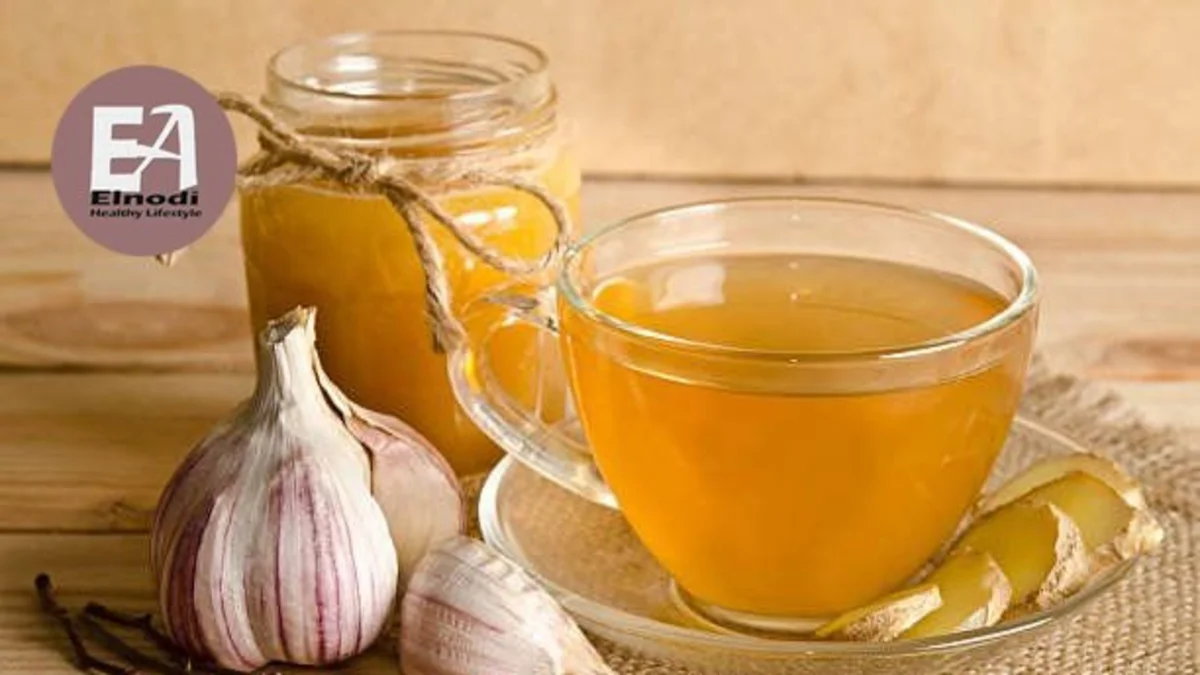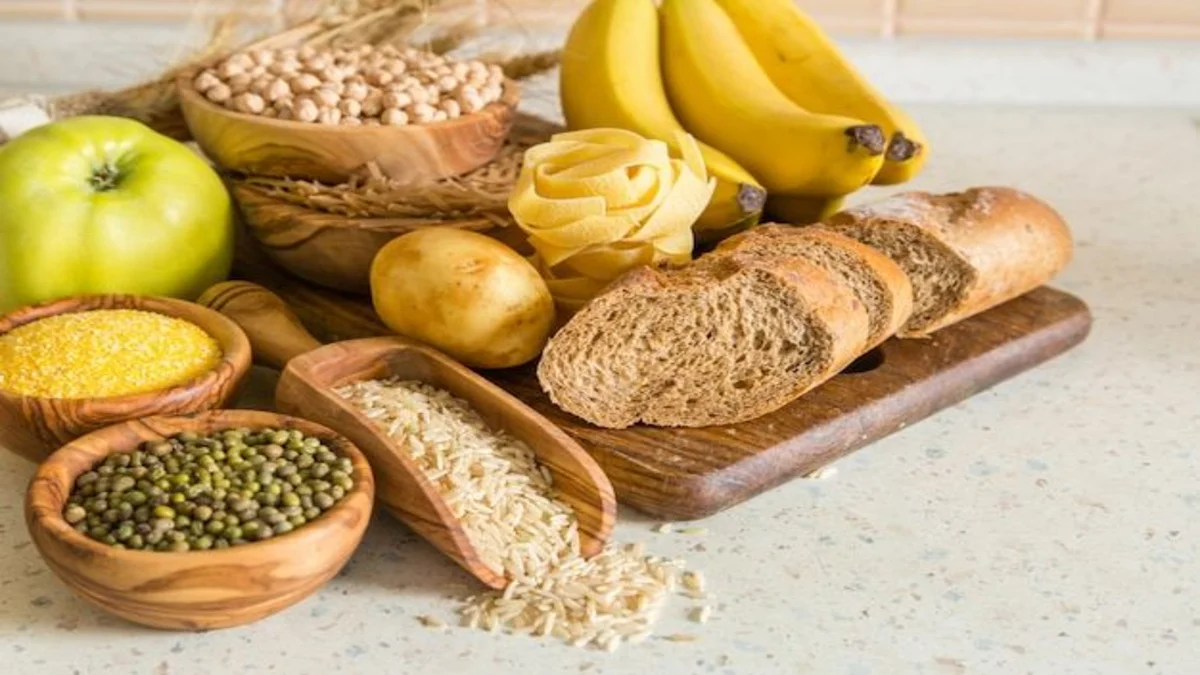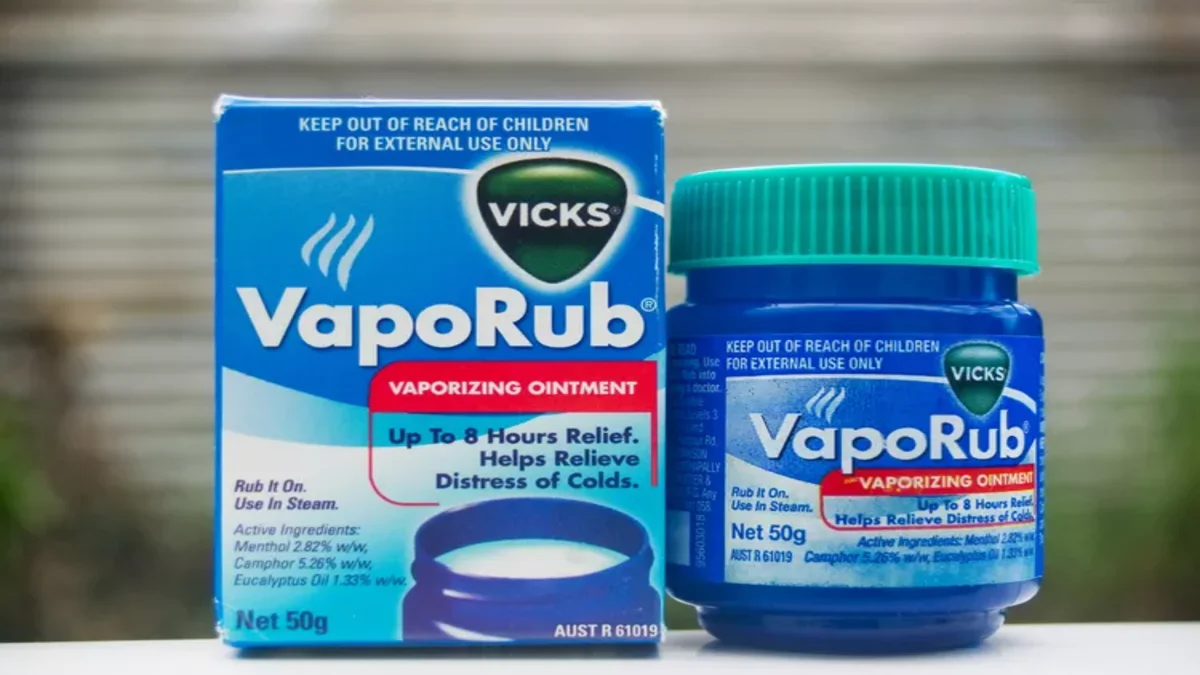Unlock the incredible health benefits of garlic tea with this detailed guide. From boosting immunity to improving digestion, discover all the advantages here!
Garlic has long been known for its medicinal properties, with its active ingredient allicin being a potent antioxidant and anti-inflammatory compound. When garlic is brewed into tea, it releases even more of its health-boosting properties, making it a powerhouse beverage for overall wellness.
Overview of Garlic Tea
What is Garlic Tea?
The plant yields a bulb utilized in culinary and medicinal practices globally.
Historians theorize that various ancient civilizations like Egyptians, Greeks, Romans, Chinese, Japanese, and Native Americans incorporated garlic into their diets and remedies over the centuries.
Additionally, garlic has been referred to as the nectar of the gods, poor man’s treacle, or stinking rose.
Garlic powder, oil, and supplements are easily accessible.
Supplements can derive from either garlic oil or fresh, dried, or aged garlic.
The various garlic forms may impact the body differently.
A range of ingredients can be used to prepare garlic tea, but the most popular choices are garlic, lemon, and honey.
If you mix garlic tea with another Camellia sinensis tea, it will not have caffeine and can help avoid certain side effects.
Health Benefits of Garlic Tea
Maintaining Heart Health: LDL, known as bad cholesterol, can potentially harm the heart by causing Arteriosclerosis.
Regularly drinking garlic tea can effectively reduce LDL levels, promoting a healthy and disease-free heart.
Boost immunity with Garlic Tea: Packed with Allicin, a potent compound known for its antibacterial and antifungal properties, garlic tea can effectively bolster the immune system and shield the body against harmful infections and pathogens.
Garlic Tea Aids Weight Loss: By boosting metabolism, garlic tea promotes passive fat burning and supports weight loss goals, while also helping to reduce appetite.
Enhances Respiratory Health: Suffering from sleepless nights due to cold, cough, chest, or sinus congestion and related issues? Simply sip on a cup of garlic tea to ward off these troubles.
Garlic Tea Benefits for Aging Skin: Dealing with skin aging can be frustrating, but that may change now. Packed with antioxidants and rich in vitamins A, C, B1, and B2, garlic tea shields the skin from oxidative damage caused by free radicals. This helps significantly slow down the process of skin aging.
Garlic’s potential anti-cancer properties make it a valuable preventive measure against various types of cancer when consumed as a cup of garlic tea early in the morning on an empty stomach, according to research.
Garlic Tea Benefits for Your Liver: Sip a daily cup of garlic tea to promote liver health. The presence of Allicin and Selenium in garlic significantly contributes to maintaining a healthy liver.
Garlic Tea Lowers Blood Pressure: Drinking garlic tea first thing in the morning has been quite beneficial for many people who have high blood pressure.
How to Make Garlic Tea at Home
Making garlic tea at home is quite simple. Here’s a basic recipe:
Ingredients:
- 3-4 cloves of garlic (adjust according to your taste preferences)
- 1-2 cups of water
- Optional: honey, lemon, or ginger for flavor
Instructions:
- Peel the garlic cloves and crush them slightly with the flat side of a knife or a garlic press. This helps release the active compounds in garlic.
- Bring the water to a boil in a small saucepan or kettle.
- Add the crushed garlic cloves to the boiling water.
- Let the garlic simmer in the water for about 5-10 minutes. This allows the beneficial compounds to infuse into the water.
- After simmering, strain the garlic cloves from the water using a fine mesh strainer or a piece of cheesecloth.
- Pour the garlic-infused water into a mug.
- You can add honey, lemon, or ginger to taste if you prefer to improve the flavor and enhance the health benefits.
- Stir well and let it cool for a few minutes before drinking.
- Enjoy your homemade garlic tea!
Garlic Tea Side Effects
As per the NIH, garlic is generally considered safe for most individuals when consumed in usual quantities. Potential side effects of garlic consumption encompass unpleasant breath, body odor, and stomach upset.
Besides digestive discomfort like bloating and gas, garlic can also lead to heartburn for certain individuals. Allergy to garlic is plausible, and those affected may encounter heightened symptoms.
The NIH cautions that consuming garlic could raise the likelihood of bleeding.
If you are using a blood thinner like warfarin or are preparing for surgery, it’s best to consult your healthcare provider about incorporating garlic supplements, garlic, or garlic tea into your diet. Additionally, garlic has been shown to impede the efficacy of certain medications prescribed for HIV treatment.
Remember, the lemon in garlic tea might lead to tooth erosion, so it’s wise to rinse your teeth after consumption. Moreover, since honey contains a lot of sugar, it’s advisable to use it sparingly or consume it in moderation.
FAQs
Can you boil garlic and drink it?
Is it OK to drink garlic every day?
Is Garlic Tea good for immunity?
Can Garlic Tea be beneficial for weight loss?
References:
- National Center for Complementary and Integrative Health. Garlic.
- Bayan L, Koulivand PH, Gorji A. Garlic: a review of potential therapeutic effects. Avicenna J Phytomed. 2014;4(1):1-14.
- Bayan L, Koulivand PH, Gorji A. Garlic: a review of potential therapeutic effects. Avicenna J Phytomed. 2014;4(1):1-14.
- Ansary J, Forbes-Hernández TY, Gil E, et al. Potential health benefit of garlic based on human intervention studies: a brief overview. Antioxidants (Basel). 2020;9(7):619.
- Zhang S, Liu M, Wang Y, et al. Raw garlic consumption is inversely associated with prehypertension in a large-scale adult population. J Hum Hypertens. 2020;34(1):59-67.
- Zhou X, Qian H, Zhang D, Zeng L. Garlic intake and the risk of colorectal cancer. Medicine (Baltimore). 2020;99(1):e18575.
- Avci A, Atli T, Ergüder IB, et al. Effects of garlic consumption on plasma and erythrocyte antioxidant parameters in elderly subjects. Gerontology. 2008;54(3):173-176.
Disclaimer: The information provided here is for educational/awareness purposes only and is not intended to be a substitute for medical treatment by a healthcare professional and should not be relied upon to diagnose or treat any medical condition. The reader should consult a registered medical practitioner to determine the appropriateness of the information before consuming any medication. Elnodi does not provide any guarantee or warranty (express or implied) regarding the accuracy, adequacy, completeness, legality, reliability, or usefulness of the information; and disclaims any liability arising thereof.





